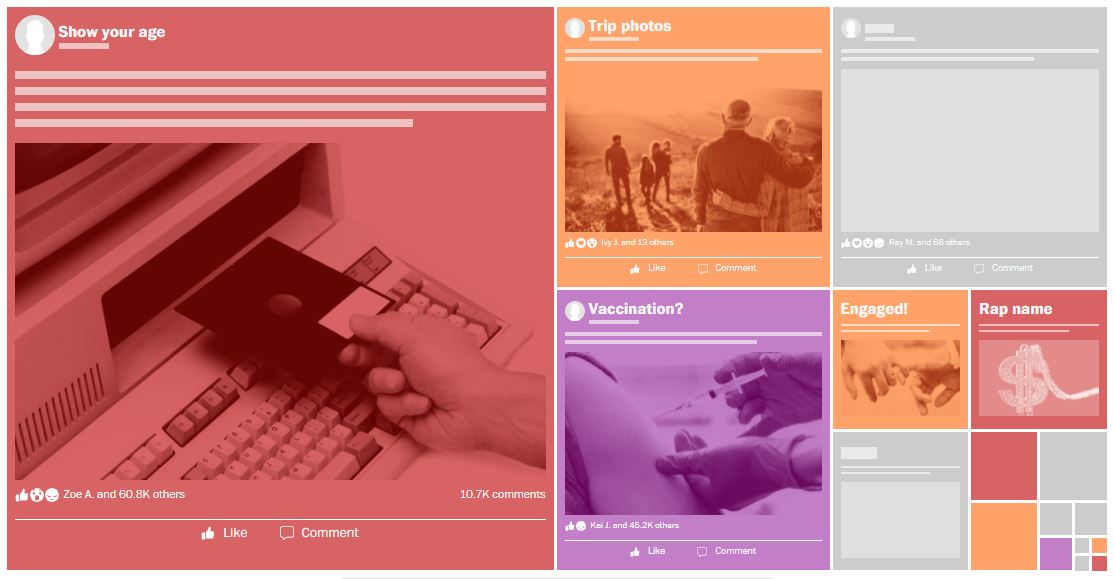
In 2019, a pair of Facebook employees set up a dummy account to better understand the experience of a new user in India.
Without any direction from the user, the Facebook account was soon flooded with pro-Modi propaganda and anti-Muslim hate speech. wapo.st/3GkowoM
Without any direction from the user, the Facebook account was soon flooded with pro-Modi propaganda and anti-Muslim hate speech. wapo.st/3GkowoM
An internal Facebook memo, reviewed by The Washington Post, called the dummy account test an “integrity nightmare” that underscored the vast difference between the experience of Facebook in India and what U.S. users typically encounter. wapo.st/3GkowoM
About the same time, in a dorm room in northern India, a Kashmiri student named Junaid told The Post he watched as his real Facebook page flooded with hateful messages.
One said Kashmiris were “traitors who deserved to be shot.” wapo.st/3GkowoM
One said Kashmiris were “traitors who deserved to be shot.” wapo.st/3GkowoM

Internal company documents reveal that Facebook has meticulously studied its approach abroad — and was well aware that weaker moderation in non-English-speaking countries leaves the platform vulnerable to abuse by bad actors and authoritarian regimes. wapo.st/3GkowoM
This story is based on those documents, known as the Facebook Papers, which were disclosed to the Securities and Exchange Commission by whistleblower Frances Haugen, and composed of research, slide decks and posts on the company message board. wapo.st/3GkowoM
• • •
Missing some Tweet in this thread? You can try to
force a refresh







